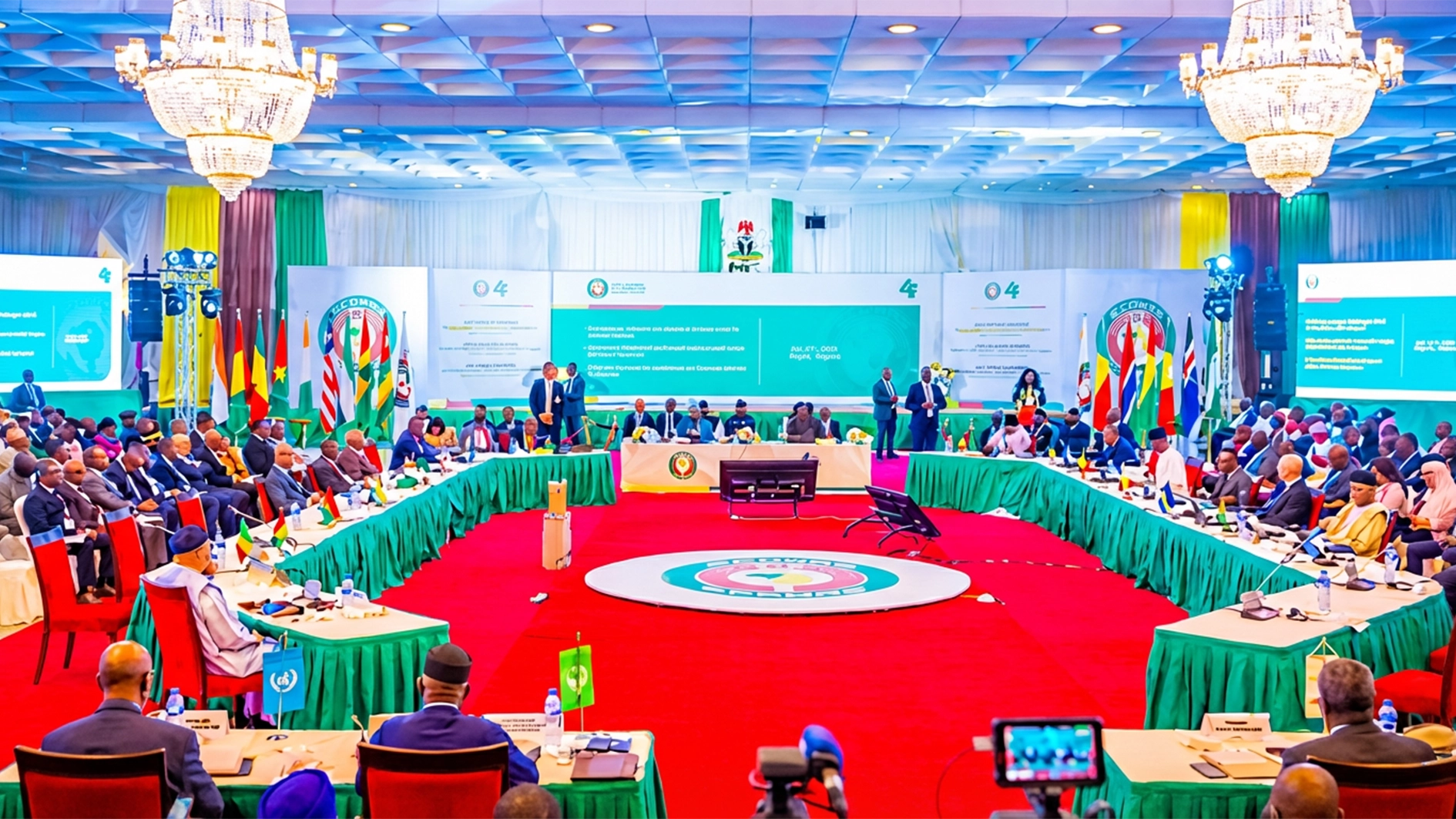The public criticism that greeted statements made by two governors seemingly seeking to restrict the movement of Mr. Peter Obi is most warranted, as a measure of watching over the constitutional and democratic rights of Nigerians. The two governors are Monday Okpebholo of Edo State and Rev. Fr. Hyacinth Alia of Benue State, both of whom reportedly asked Obi to obtain their permission before embarking on any visit to the two states.
Although Governor Okpebholo of Edo State has debunked any notion that his statement was a threat to Obi, his explanation would seem to be an afterthought, not enough to erase the impression that many Nigerians had from his earlier comment on the former governor of Anambra State and presidential candidate of the Labour Party in 2023.
Specifically, Okpebholo was reported to have warned Obi against entering Edo State without prior notification and approval. Earlier, Governor Alia, in a notice signed by his Chief Press Secretary, Tersoo Kula, reportedly declared that he was not expecting any august visitor and warned that any group or high-profile individual seeking to enter the state for visits must reconsider, adding that the safety of such visitors could not be guaranteed.
In denying any threat and responding to public criticism over his statement, Okpebholo said through his Chief Press Secretary, Fred Itua, that the governor’s statement was given various misinterpretations. “It is imperative to state clearly that the governor did not issue any form of threat to Mr. Obi, but rather emphasised the need for high-profile individuals, particularly politically exposed persons, to notify and seek security clearance from the governor before embarking on any public engagements within the state.
According to a statement from Itua, the governor’s duty includes “ensuring that adequate security measures are put in place during high-profile visits or events that may attract large crowds or media attention. When such protocols are ignored, it creates serious security vulnerabilities, not only for the visitor but also for citizens who may be caught in avoidable threats.”
However, members of the public rightly considered the governor’s first statement as unfitting for the office of the chief executive and chief security officer of a state. Governors, irrespective of party affiliation, are the number one citizens and leaders of all the people within the state. The safety of citizens and their welfare are governors’ number one priority. This is a constitutional responsibility, which the governor voluntarily embraced in his Oath of Office and Oath to abide by the Constitution of the Federal Republic (1999). This responsibility is inviolable and must not be taken lightly. The two governors are obligated to uphold and demonstrate it, in conduct and speech.
The two governors are reminded that the 1999 Constitution, in Section 41 (1), guarantees all Nigerians the freedom to move freely throughout Nigeria and to reside in any part thereof, and they cannot be expelled or refused entry or exit therefrom. In the case at hand, Peter Obi was reported to have attended a charity event in Edo State. In Benue State, Obi had planned to visit the state’s Internally Displaced Persons (IDPs) camp “on humanitarian grounds,” There is no reason for the governors to resort to the use of threat and undemocratic language. There are better ways to advise Obi on his visit, particularly in the absence of any evidence of a security breach. The office of the governor of a state is an elevated one, and governance at that level cannot be handled cavalierly, yielding to sentiments of political rabble. A governor should not trade in invectives and tantrums.
Okpebholo’s statement on that occasion amounted to invoking powers that are not in conformity with democratic ethos. He announced himself as the ‘new sheriff in town’. Governors have no power to hound opponents or make life uncomfortable for anybody. They are subject to the laws of the land and cannot declare themselves as sheriffs. They are not.
Equally reprehensible is the fact that Governor Alia blocked Peter Obi from visiting the camps of internally displaced persons in the state. That is not the spirit of democracy. Nigeria is not a one-party state, and the President has the responsibility to warn governors who are in the habit of stifling opposition and heating the polity. They should be called to order.
It is disheartening to many Nigerians that barely two years after the last election, governance has been abandoned for 2027 politics. It comes with attendant shenanigans and rascality on the part of politicians. Politicians are doing everything to coerce support. For both Okpebholo and Alia, the task before them ought to be the delivery of democratic dividends to the people. They have a lot on their plates, including how to end kidnapping and terrorism ravaging their states. Edo State needs to be freed from the stranglehold of cultism among the youth population. The governors have hundreds of dilapidated schools and broken roads to reconstruct, as well as potable water to deliver.
Politicians and leaders should be reminded that the antics that hobbled the First Republic began in fashion similar to the goings-on in Benue and Edo states. That was when parties in government showed scant regard for the opposition. That was an era when opposition parties were disallowed from holding campaigns in places where the ruling party held sway.
When 2027 comes, the people of Edo and Benue are enlightened enough to know what aches them and where to find succour. The governors cannot decree how the people exercise their electoral franchise.
There is a need for caution on the part of politicians. It is not campaign season yet, but the buzzword now is the 2027 elections. The Independent National Electoral Commission (INEC) should rein in the illegality. This is the time to stave off tension and rancour. Politicians should concentrate on governance.






